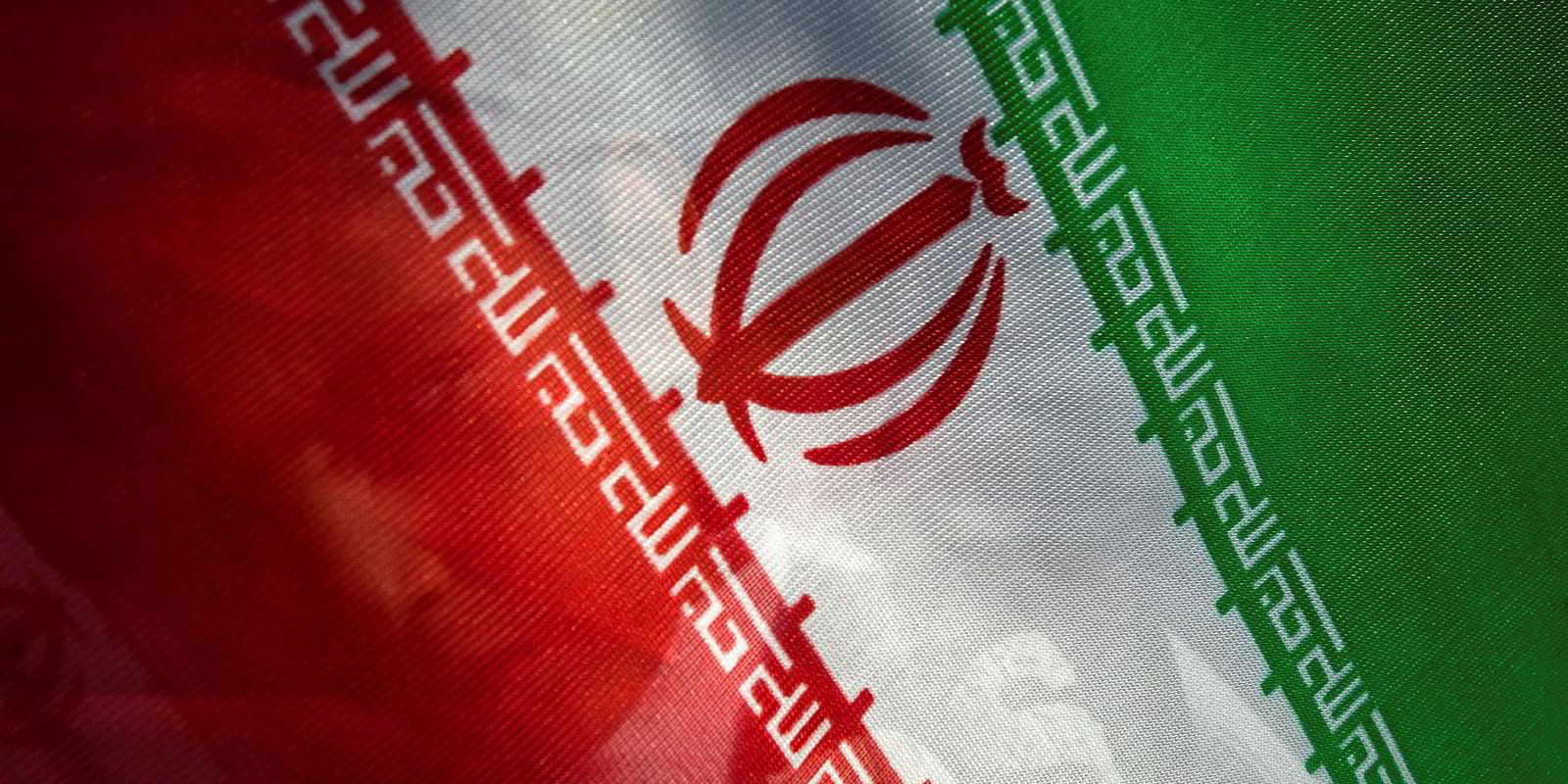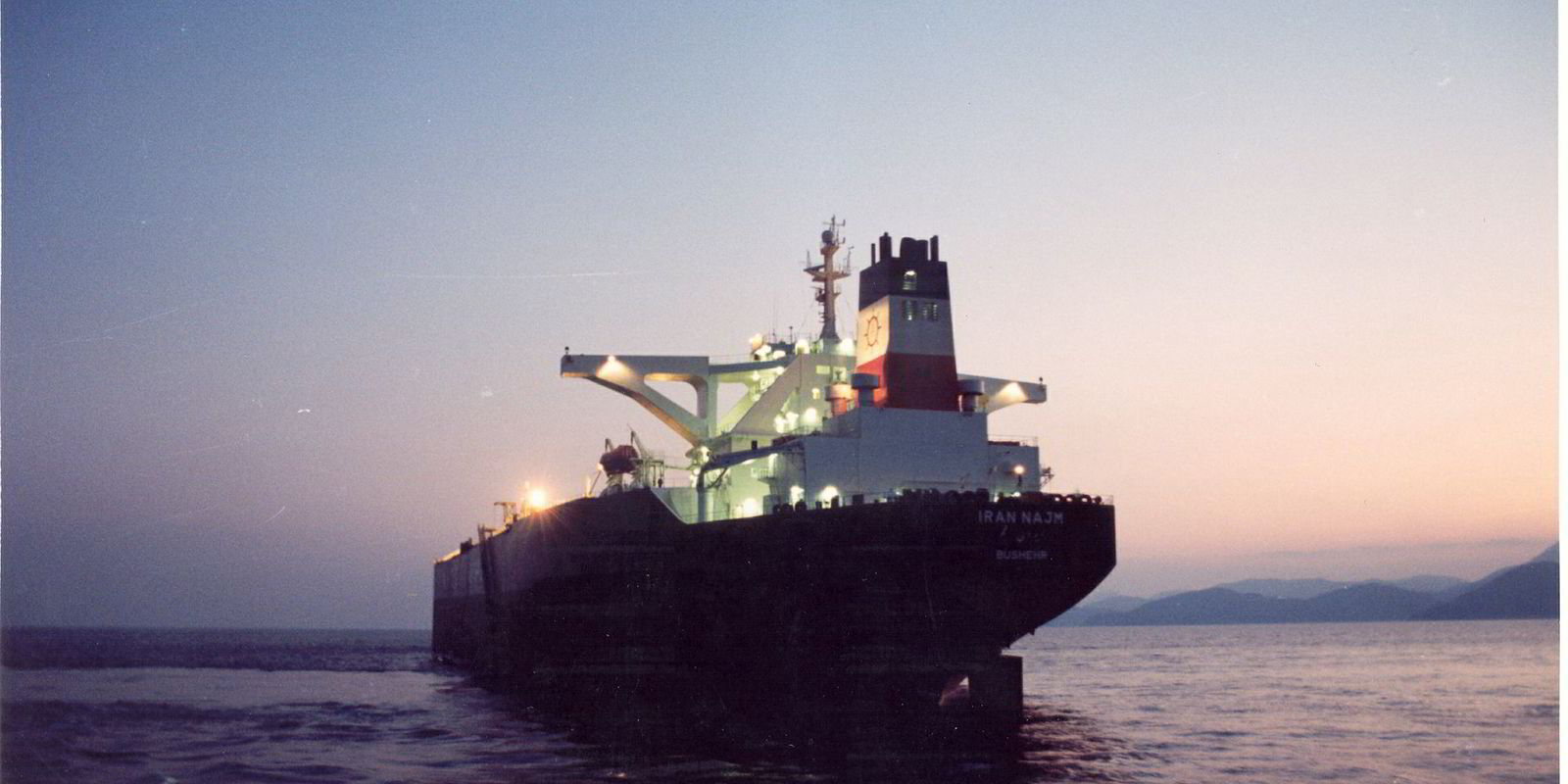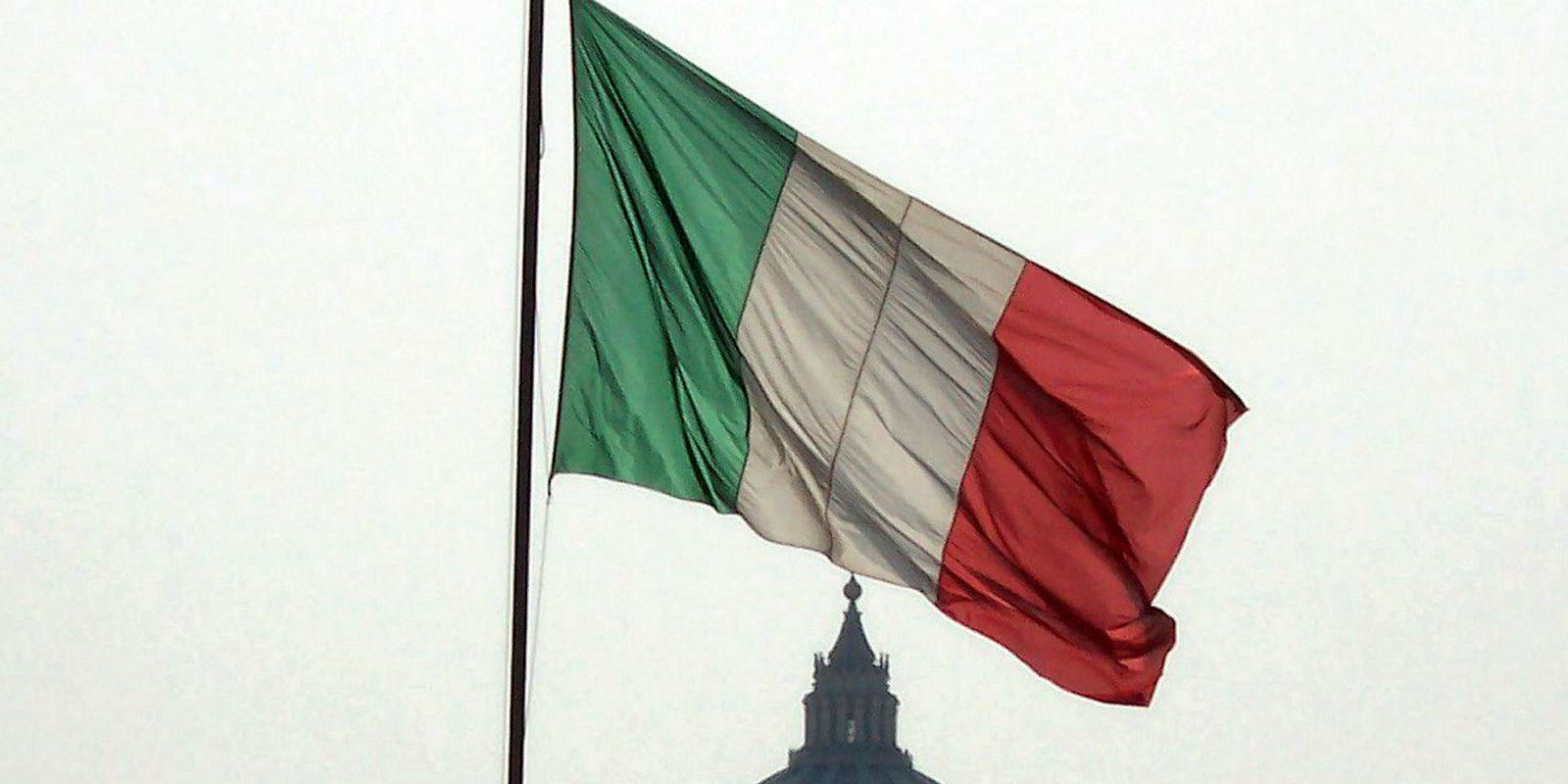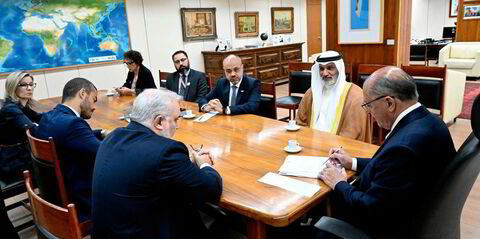The North P&I Club has suggested that providing coverage to Iranian trades is difficult but not completely out of the question.
On 5 November, the US reimposed secondary sanctions on Iran’s energy, shipping and banking sectors, and warned the shipping community not to do business with National Iranian Tanker Co and Islamic Republic of Iran Shipping Lines.
When asked about how this would affect coverage, North FD&D director Mark Church told TradeWinds: “There may still be some limited [non-tanker] trade with Iran which non-US persons are able to undertake without significant risk of violating US secondary sanctions, such as carriage of foodstuffs and some consumer goods. In respect of which, North may be able to provide insurance cover."
When imposing the sanctions, Washington DC simultaneously issued waivers to China, India, Italy, Japan, South Korea, Taiwan, Greece and Turkey to allow them to continue importing Iranian crude.
North P&I is seeking clarification on the nature and scope of these waivers, and, at present, is unable to confirm whether or not insuring such voyages would be sanctionable by the US, according to Church, who leads North P&I’s sanctions advice team.
JCPOA withdrawal
The first wave of US sanctions came into force after the Donald Trump administration unilaterally withdrew from the Joint Comprehensive Plan of Action (JCPOA) in May.
Before the international nuclear deal was reached, the US teamed up with the European Union on imposing sanctions on Iran between 2012 and 2015.
“It was easier in the sense that the US and EU was on the same page,” Church said, commenting on the earlier round of sanctions. "There was very little trade between Iran and anybody."
Now, with Brussels still supporting the JCPOA, industry players need to navigate complex EU and US rules when trading with Iran.
“Some are describing this as [being] between a rock and a hard place,” Church said.
While some trades could be in theory non-sanctionable, the risk-averse approach of financial institutions towards any Iran-linked transactions, as a result of the US sanctions, has made insurance provision difficult in practice.
“Even when the trade is not sanctionable, the ability of the club to provide cover in the practical sense, by making payments and providing assistance, is now significantly impeded,” Church said. “If anything, it’s more difficult [than 2012 to 2015].”

Brexit trading worries
Also, the UK’s impending exit from the EU could further complicate the trading issue.
While opposing Washington DC’s unilateral withdrawal from the JCPOA, the UK could have a different set of trading rules with Iran after leaving the EU, according to Church.
Of the 13 members of the International Group of P&I Clubs, which manages the reinsurance programme, seven are based in the UK.
“Brexit adds another layer of complexity,” Church said.






